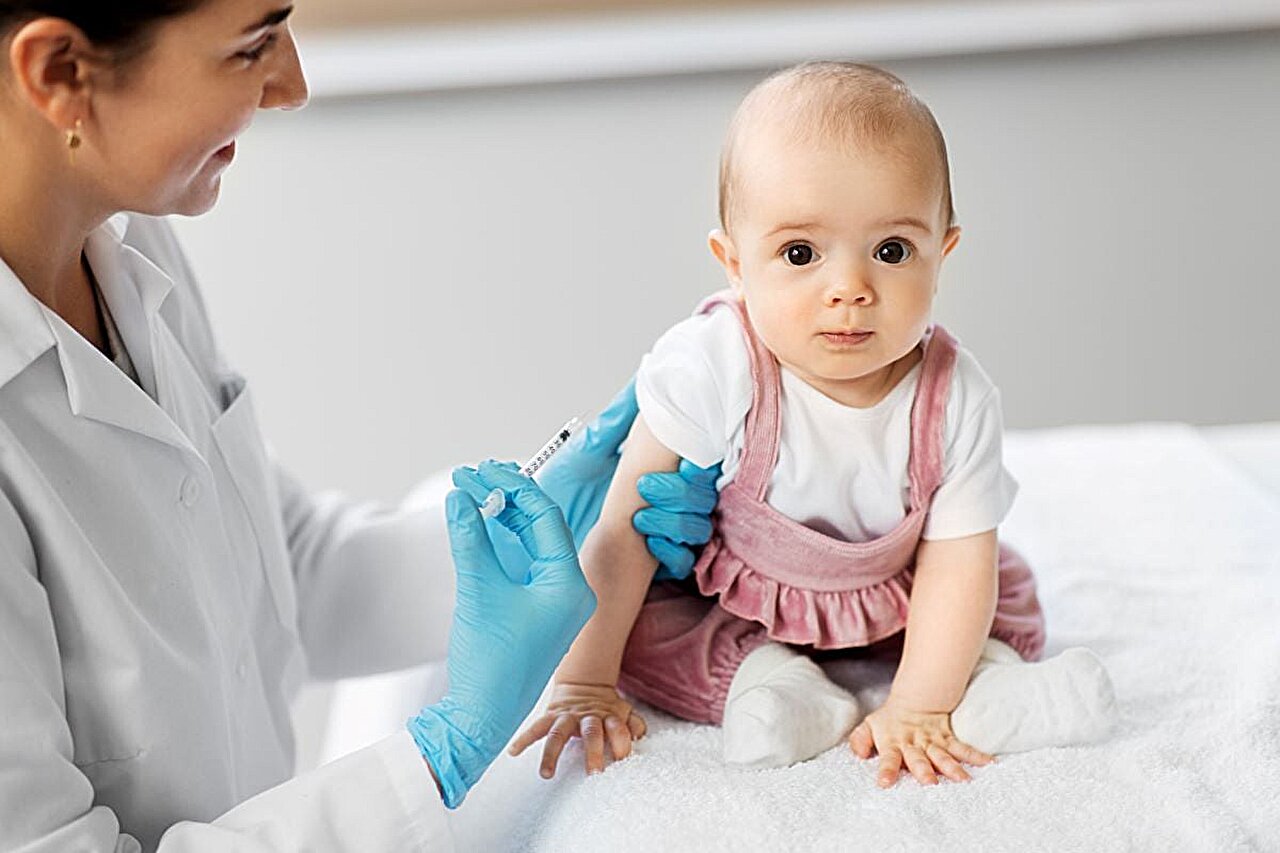Children’s books are full of animal characters whose antics capture the hearts and inspire the imaginations of their young readers.
However, a new study has shown that iconic characters such as Peter Rabbit — or Toad and Ratty from The Wind in the Willows — can also play an important role in children’s psychological development.
The research explored the extent to which different non-human characters influence children’s theory of mind skills, which include the ability to read and predict social changes in the environment through tone of voice, choice of words, or facial expression.
For the study, more than 100 children aged between five and 10 were tested on their theory of mind skills when presented with stories featuring animal characters as opposed to those featuring human ones.
The study found that when faced with human characters, there was a clear age-related progression, with older children consistently outperforming their younger counterparts. In fact, Year 3 children performed better than the researchers had predicted in the tests featuring human characters.
However, in tests that involved animal characters, Year 1 participants were able to match the scores achieved by pupils from Year 3, two years older than them.
Writing in the Journal of Experimental Child Psychology, the researchers say the findings highlight the importance of both human and non-human characters for children’s earliest development.
The research was led by Dr Gray Atherton and Dr Liam Cross, from the University of Plymouth’s School of Psychology.
Dr Atherton, lead author on the new study, said: “Animals play a huge part of children’s stories, whether that is in books and comics or through TV and film. We wanted to test if that is down to more than simply liking the characters, and whether there are actual benefits of children learning through by watching or reading about animals and if this changes over time. Our findings showed that both human and non-human characters are important in helping children interpret the world around them, and that they play differing roles at different stages in their development. Adapting activities and lessons in nurseries and the early school years to take that into account could be hugely effective in helping to support their development.”
The research builds on previous studies by Dr Atherton and Dr Cross exploring factors which can influence the educational and social development of people with autism and learning difficulties.
These have included initiatives showing that playing board and online games can boost the confidence among people with autism, and others highlighting that people with dyslexia and dyscalculia show reduced bias against others based on characteristics such as their disability, race or gender.
Based on the new research, the academics now intend to explore in more detail if their findings could be used specifically to benefit children with such conditions.
Dr Cross added: “We believe this new study could have particular importance for people with autism or other conditions which can impact their learning. Working with teenagers in the past, we have noticed how tasks that involve animal characters can result in autistic people performing just as well as non-autistic children. It would be interesting to replicate our current study with autistic children, to understand if we can find more effective ways to support them at a critical point in their development.”

